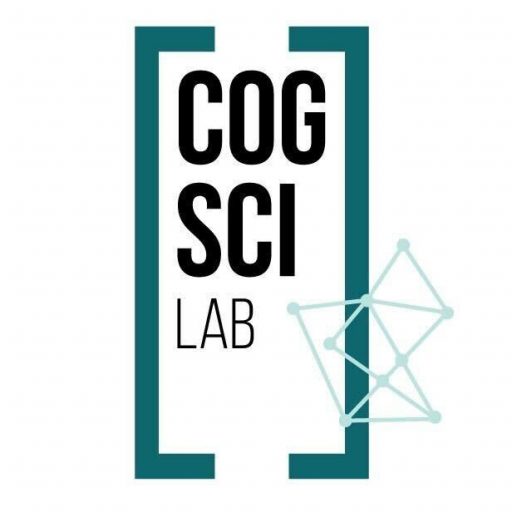Current research projects
Our objective in CogSci Lab is to understand the psychological mechanisms that underlie the emergence and function of the ability to monitor and regulate our own cognitive processes (also known as metacognition). Motivated by this idea, we carry out research in experimental psychology, social cognition, and behavioral neuroscience.
OUR PROJECTS:
«Meta Dynamic II: Confiabilidad de Contexto, El lenguaje Nativo de la Confianza» (2022-2023)
By Gabriel Reyes
Funded by ANID / FONDECYT Regular N°1221785
«Explorando la relación entre los componentes de la metacognición y el aprendizaje» (2022-2023)
By Mauricio Barrientos & Gabriel Reyes
Funded by Centro de Innovación Docente / UDD
«Interfacultades»
By Fernanda Prieto & Gabriel Reyes
Funded by Vicerrectoría de Investigación y Doctorados / UDD
CURRENT THESIS PROJECTS
«Exploring the relationship between metacognition components and learning.»
A vast body of research points out that metacognition is related to learning. Nonetheless metacognition is not an unitary construct, but it has -at least- three components. The main goal of this thesis is to evaluate how metacognitive components relate to several aspects of learning in a sample of undergraduate students.
By Mauricio Barrientos PhD(c)
«Attentional and neurocognitive dynamics of mind wandering.»
By Sofía Gana PhD(c)
«Cognitive architecture of confidence judgments.»
Metacognition is the ability to reflect upon one’s own behavior and cognitive processes (Flavell, 1979). Early research in cognitive science underlines the limited character of metacognition (Schwitzgebel, 2008; Carruthers, 2009). This is mainly due to the limited access to sources of information that participate in the configuration of such a cognitive movement and the different sources of noise that affect said process (Shekhar & Rahnev, 2021). This poses the challenge of understanding (i) how a metacognitive judgment is constructed, (ii) which sources of information are used in the process and (iii) how this construction can be affected -either improved or impaired- by different experimental manipulations (Rahnev, 2022). In this thesis we aim to shed light on these questions through three experimental studies. The first study, titled “Metacognitive training of confidence and introspective response times”, assesses whether confidence judgments can be trained across two sessions. In addition, we evaluate whether confidence training has any impact on a second metacognitive judgment (i.e., the introspective response times). In the second study, “Serial dependence in metacognitive tasks”, we analyze how metacognition is a serial dependence phenomenon, modulated on a trial by trial basis. In the third study, titled “metacognitive noise”, we manipulated sources of perceptual variability, not related to the task itself, in order to analyze whether they have an impact on the participants’ metacognitive efficiency.
By Leonel Tapia PhD(c)
PAST PROJECTS
«Efecto de la colaboración, meta-cognición y funciones ejecutivas en la resolución de problemas en el aula» (2020-2022).
By Gabriel Reyes & Mauricio Barrientos
Funded by Centro de Innovación Docente / UDD
«Meta Dynamics» (2018 – 2019).
By Gabriel Reyes
Funded by ANID / FONDECYT N°11170775
Pitch Challenge 2021
Metacognitive Training
By Leonel Tapia
Relation between Arousal and Metacognitive Efficiency
By Sofía Gana
¿Want to participate in our studies?
Check the contact information below:
